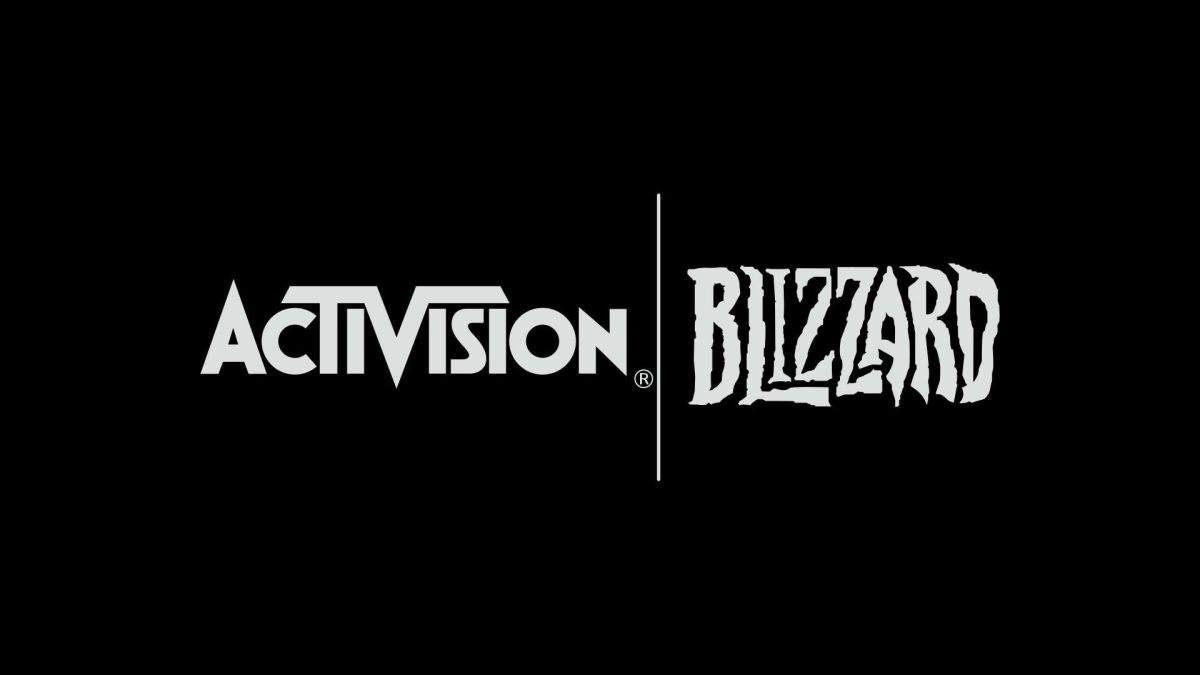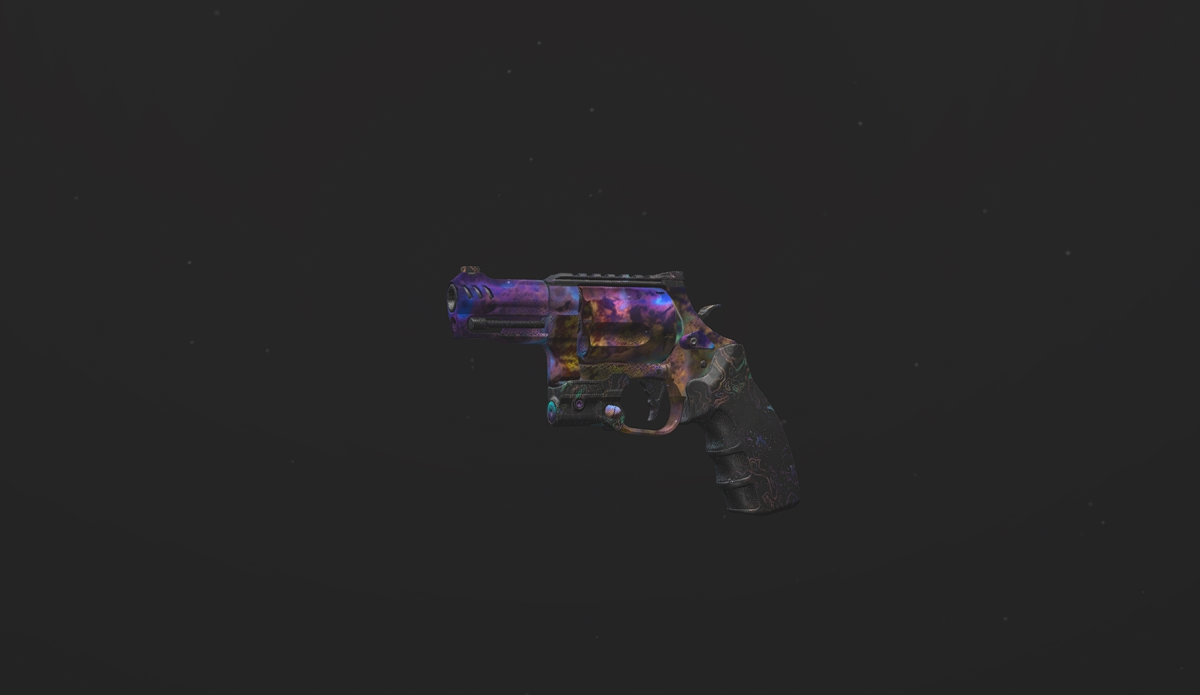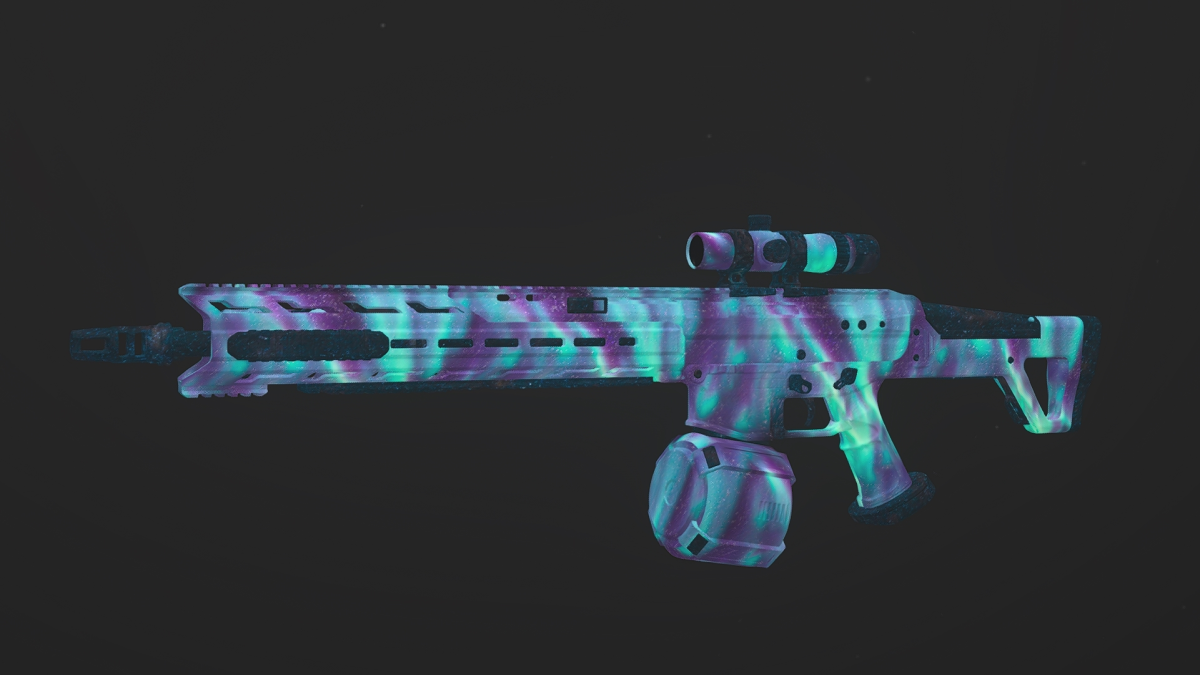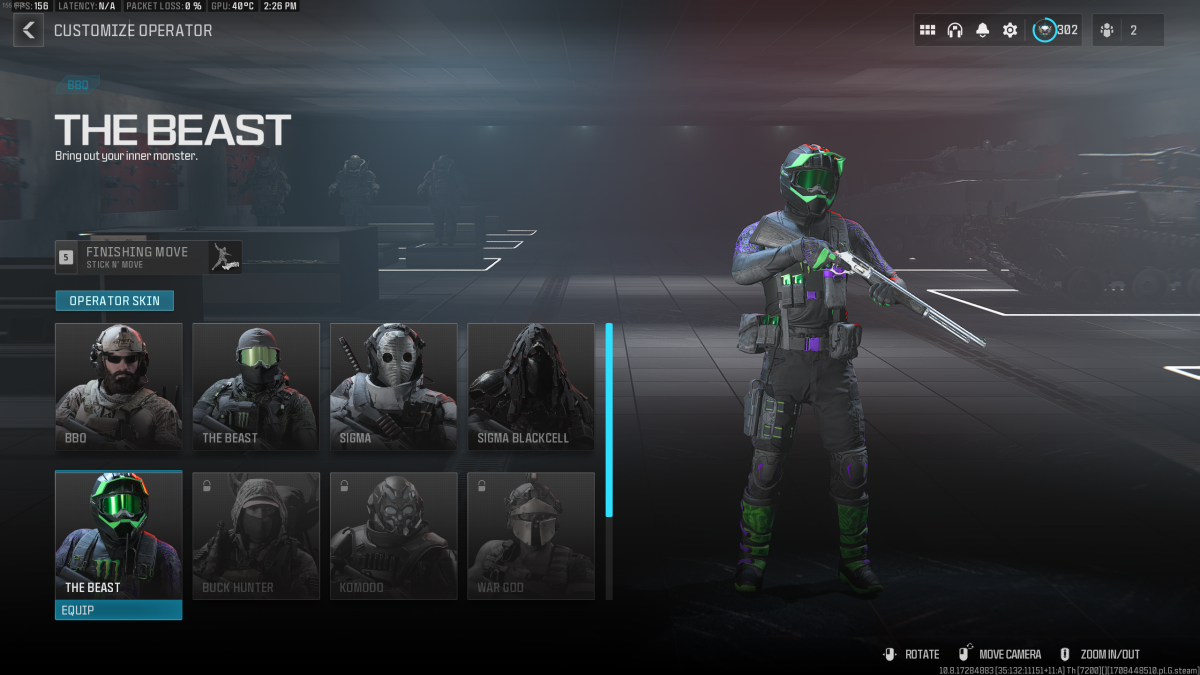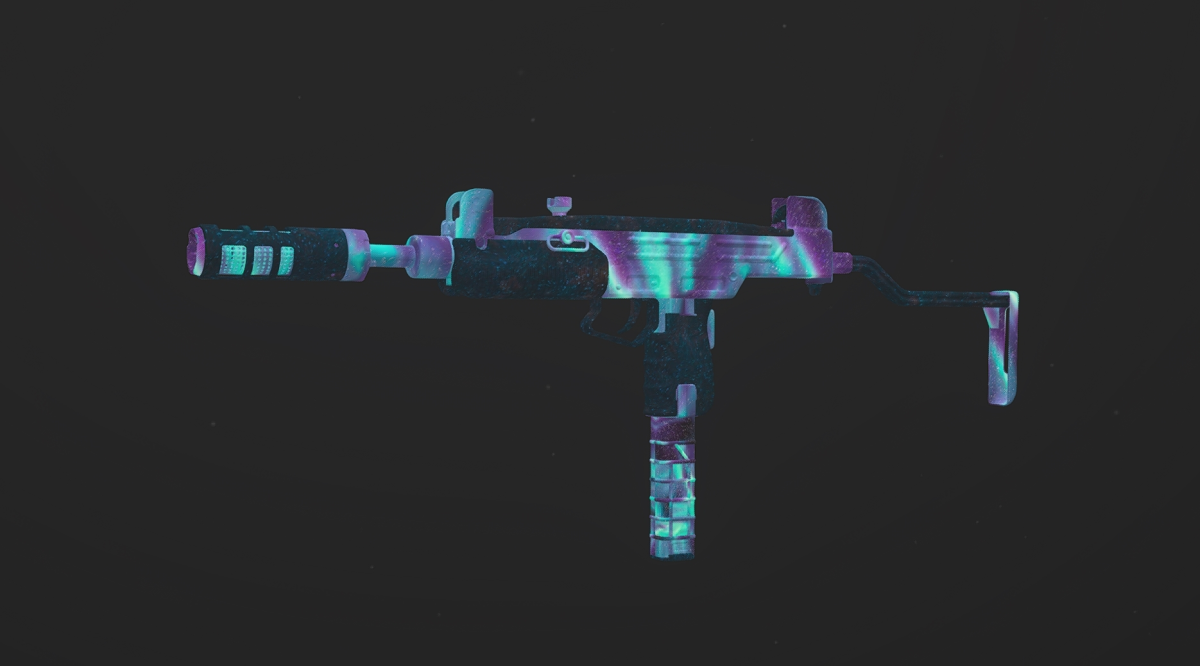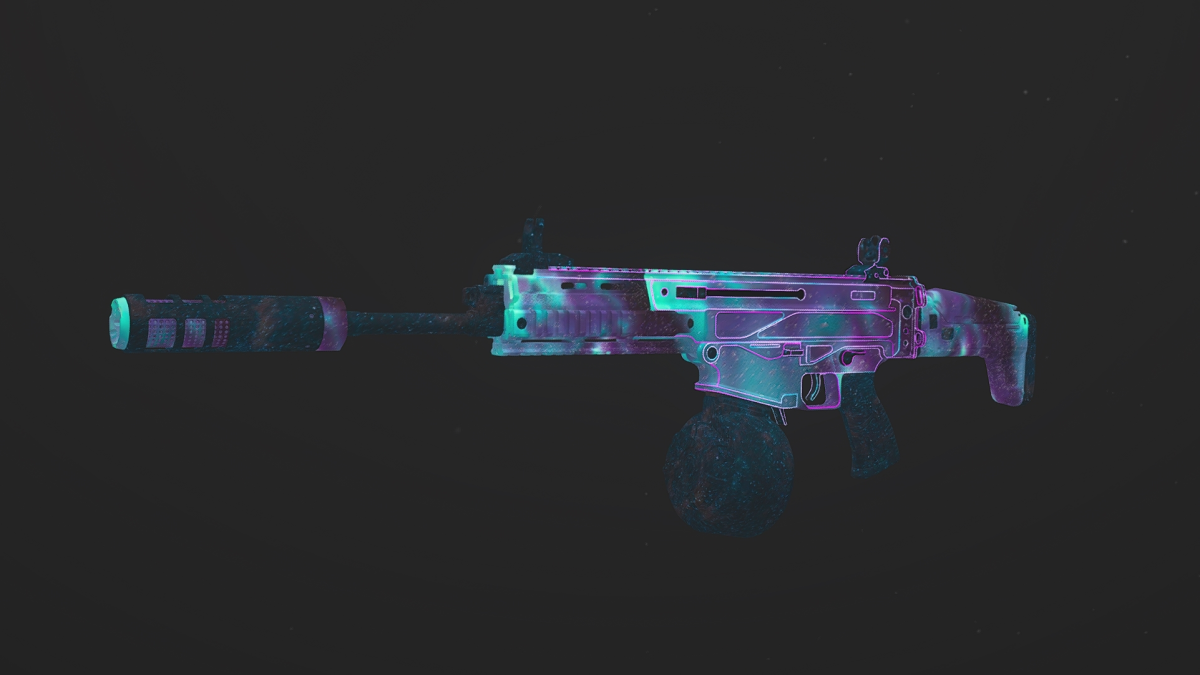If you missed the news on Tuesday, Microsoft and Activision Blizzard have agreed to a deal where the former will acquire the latter for a total of a whopping $68.7 billion.
This deal has the potential to make waves at Activision Blizzard from company culture and game development all the way to esports. Upcomer staff got together to discuss what this means for the wider world of gaming. There’s no shortage of discourse around this landmark agreement, but we’ve brought it all together here. So if you’re wondering how this will affect the Overwatch League or your favorite Blizzard game still in development, read below.
Roundtable contributors:
What does this mean for Microsoft?
Aron: Microsoft gets some of the most coveted intellectual properties in the game industry in Call of Duty and Candy Crush, making them the third biggest gaming company behind Tencent and Sony. This move will only help Microsoft in terms of market competitiveness, although I’m not sure how the sexual discrimination lawsuit (and everything else that has come in the wake of the lawsuit from California’s Department of Fair Employment and Housing) impacted this acquisition.
Deals like this take time and this one was surely an idea long before Activision Blizzard came into the limelight in July. I’m sure Microsoft will be “committed to” fixing the sexist and discriminatory culture that the Call of Duty and Overwatch publisher has fostered over the years, but the pessimist in me looks at this as Microsoft taking advantage of the situation in order to compete with Sony.
Bonnie: Head of Xbox Phil Spencer announced in November that the company would be “re-evaluating” its partnership with Activision Blizzard — and what a re-evaluation it is! This deal, the biggest acquisition ever made in gaming, is pretty great for Microsoft. Even though they’re the ones making the big purchase, they’re also not the party being most scrutinized here. Acquiring a company with the legacy that Activision Blizzard has built (though it is a bit tainted now) makes Microsoft a true heavy hitter when it comes to games and the third biggest game publisher in the world.
Coby: This deal seems like everything Microsoft could hope for. It’s big enough that they can comfortably foot the bill for almost $70 billion. In fact, it might have gotten Activision Blizzard for a discount considering the debilitating hits to public image the company has taken over the past few months.
With this deal, Microsoft approaches an untouchable level within the North American gaming space. Domestically, its competition of Take-Two and EA start to look quaint in comparison. Microsoft also continues to push Game Pass as its core product. The significance of adding Activision Blizzard games to the pass can not be overstated.
What does this mean for Activision Blizzard?
Coby: Deliverance, hopefully. It’s hard not to see Activision Blizzard as a company teetering on the brink. The rampant sexual misconduct, terrible internal atmosphere and overall legal troubles have brought the core mandate of, oh you know, making games, to a screeching standstill. The company’s major esports in the Overwatch League and the Call of Duty League have stagnated. World of Warcraft is hemorrhaging subscribers. Games like Overwatch 2 and Diablo IV are stalling in development.
Under Microsoft, the hope for Activision Blizzard should be stability and the cold, dull embrace of true corporate monotony. The company should be eagerly looking to wrap itself up in Microsoft’s boring PR, something gaming companies have seemed adamantly adverse towards with new workplace scandals each week.
Aron: New leadership mixed with much of the same leadership from before. I doubt this deal will lead to Microsoft replacing every manager within the company, so a lot of things will stay the same at Activision Blizzard. Although enabled by executives, many of these issues run deeper than the C-Suite alone. I think Microsoft will have to come in and clean things up to save face after probably getting a better deal in the acquisition because of the discrimination lawsuits. Though I find it hard to believe that it will do that in any meaningful way.
Bonnie: It seems like nobody knows the specifics of how this is going to shake up the company, but they certainly can’t be worse off than they’ve been in the past few months, right? Activision Blizzard has been mired in controversy for a good while now, with mounting allegations of workplace misconduct and lawsuits coming at it from all directions. It’s a precarious place to be, especially with two huge games — Overwatch 2 and Diablo IV — still in the works.
I don’t think Activision Blizzard will disappear into Microsoft, but it’s probably not too far off to say the company is hoping that some of its bad PR will be swept away under the bigger Microsoft umbrella. Still, just throwing money at this particular problem isn’t going to make it go away.
What change would you most like to see after the deal closes?
Bonnie: Getting CEO Bobby Kotick out for good is the biggest thing I’d like to see. Activision Blizzard has gotten rid of a number of bad actors so far, but as long as Kotick remains at the top in such a prominent position it’ll be hard to believe that the company is actually committed to making a change. It’s not like it would matter too much, anyway — if they axed him he’d get a nice 200 million dollar severance check.
Aron: It’s tough to say, but the only thing that stands out to me so early is ABetterABK. If Microsoft truly wants to push the industry forward, it’ll stand aside and encourage its workers to organize themselves. Microsoft leadership should recognize the demands of the employee coalition and give them a say in hiring. Bobby Kotick would have to be shown the door for that to work, though.
Coby: Microsoft needs to clean house at Activision Blizzard. Not the blustering and posturing that Activision has done thus far, but a true scouring. CEO Bobby Kotick needs to go. It’s near impossible to mount an effective resurgence when there are problems all the way from the top down. Microsoft has not yet made a clear statement about whether Kotick will be cut, though we do know that all of Activision Blizzard will report to Microsoft Gaming CEO Phil Spencer after the acquisition. If Activision can finally get its house in order, the video games should follow.
How will this impact Activision Blizzard esports titles?
Aron: Overwatch and Call of Duty, as well as Activision Blizzard’s other esports titles, have been mostly separate from what’s going on at the corporate level in Irvine and Santa Monica. Leagues for both shooters have fallen from grace, but this Microsoft news could provide a boost that helps both in the long run.
Activision has never really cared for esports the way that Riot Games and other companies have. Overwatch League felt exciting during its first year, but now it feels like it has absolutely no identity. Microsoft did its part in helping the Halo Championship Series get off the ground in 2021, so I’m hoping that energy makes its way to Vanguard and Overwatch 2.
Coby: I might be in the minority but I don’t think this deal will impact the esports side of Activision Blizzard much at all. If Microsoft can help Activision get its act together, that will naturally trickle down to smoother esports operations. Still, esports divisions generally operate independently. Sure OWL and the CDL have suffered from the poor image of their parent company, but there are bigger issues at play. Getting Overwatch 2 out of development hell will be the best thing that Microsoft can do for OWL. The CDL has its own host of problems. Naturally, for games like Starcraft 2, where the esports production is outsourced to third parties like ESL, not much should change as this acquisition goes through.
Bonnie: I have to agree with Coby — I don’t really see how this will impact the esports side very much. Esports already exists in this weird, contradictory space where it is both wholly reliant on the game and mostly separate from the people who make the game. The biggest thing, I think, will be whether the acquisition entices league sponsors — some of whom have withdrawn or asked not to be shown associated with the leagues — to return.
Is this a good or bad for the future of gaming?
Aron: If non-stop growth and more revenue for one of the biggest companies in gaming — and the world — is ‘good,’ then yes, this is good. This type of deal is the norm. We’ve seen Microsoft and other major companies like Sony do it many times before. Microsoft bought Bethesda for 7.5 billion in September of 2020. They even tried to buy Nintendo.
This deal, at least for me, does little to change the industry except to consolidate more of its resources at the top.
Bonnie: My answer to this, just like my answer to almost all of this befuddling deal, is “I don’t know.” If it allows Activision Blizzard to focus on its current projects with more security and backing, it could be good for gaming as a whole — Blizzard has, in the past, been at the forefront of the industry and its developments have spurred other developers to try to match match up.
The concerning part of the acquisition is when it comes to monopolies in the gaming industry, with Microsoft joining the ranks of behemoths like Tencent and Sony. It’s also very worrisome that, in a conference call regarding the acquisition, Phil Spencer lauded Kotick for his “commitment to real culture change.” It’s possible that they still plan to get him out once the acquisition is finalized, but that’s definitely not what you want to hear.
Coby: It’s a boring answer but there’s too much nuance to label this deal as plainly ‘good’ or ‘bad’. The good: With Microsoft at the helm, hopefully Activision Blizzard can shed some of the problems that have plagued it internally and return full focus to making entertaining video games. The bad: This deal is yet another step towards monopolies in video games.
In the short term, the selfish Blizzard fanboy in me is excited by the prospect of the company cleaning up its act and feeding me the games that I desire. I want the company to start rebuilding its reputation in increments and this deal seems the best way to get that done. Still, it’s scary to think of yet another host of beloved IPs under the Microsoft name. Even though it has shown it is capable of taking a relatively hands-off approach, as in the case of another beloved company in Bethesda Softworks, monopolies are always scary.


